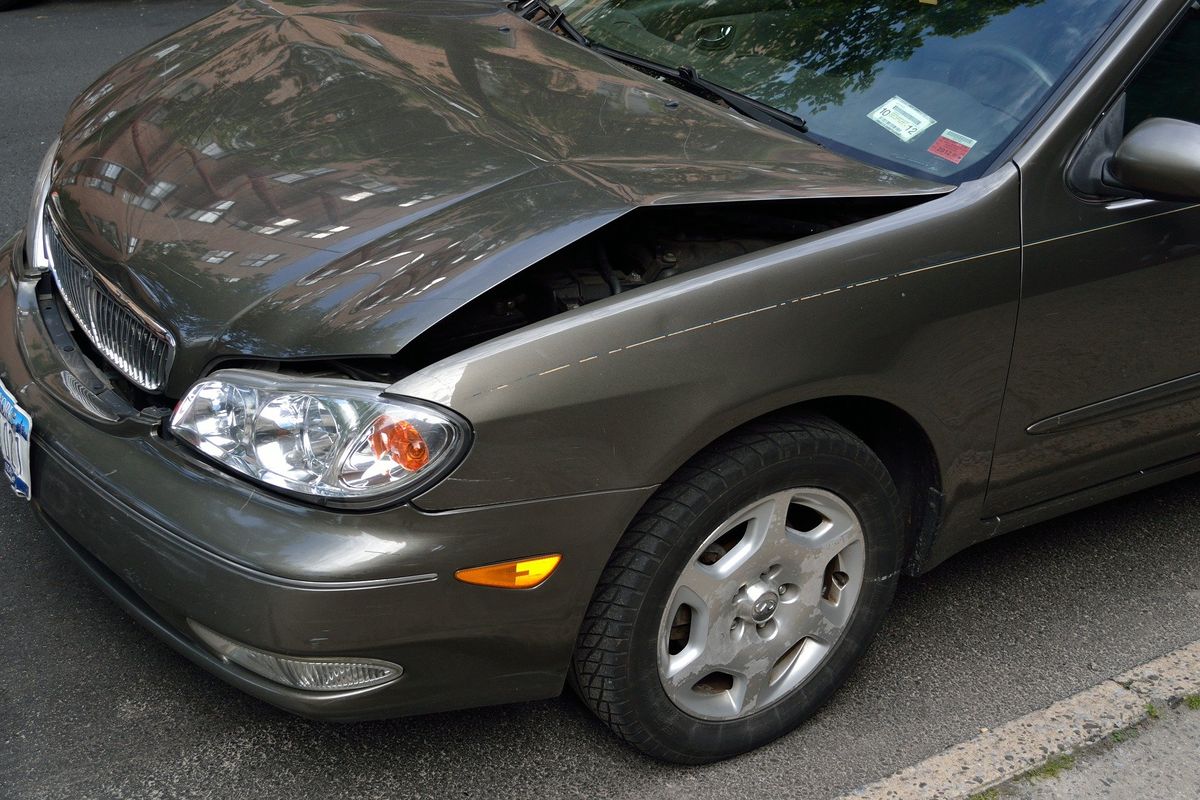Car Crashes Down Due to COVID, Drivers Owed Refunds, Groups Say

With most commuters facing COVID-19 stay-at-home orders, traffic has been way down for months, and so have insurance claims, according to new data from the Consumer Federation of America (CFA) and the Center for Economic Justice (CEJ).
The drastic drop in accidents is good news for drivers, of course, but it’s even greater news for auto insurance companies. The consumer groups say insurers have wracked up “massive windfall profits” as a result of the lower accident claims and should agree to a new set of refunds, in addition to what the groups called the “woefully inadequate premium relief provided in the spring.”
“The public health and economic crises we have faced since March have kept people off the road and sharply reduced crashes, which means insurance claims are way down, with insurers reaping huge profits,” said J. Robert Hunter, CFA’s Director of Insurance and former Texas Insurance Commissioner. “Most companies refunded some premium in April and May, but, since then, insurance rates have been excessive and insurer profits obscene. Insurers need to give back more to Americans, many struggling with unemployment and other economic hardships.”
The groups sent a letter today to the nation’s insurance commissioners calling for action on refunds.

181,000 fewer accidents
Data collected by the groups from four states – Colorado, Maryland, Massachusetts, and Texas – representing different population densities and responses to COVID-19 show over 181,000 fewer accidents in those states during the pandemic than during the same period in 2019. This includes a decline of more than 83,000 accidents after May, when most insurers stopped providing refunds and premium credits.
With the exception of California, where Insurance Commissioner Ricardo Lara ordered insurers to continue issuing refunds through the summer, the reduction in insurance claims has not led to ongoing premium relief for the many millions of Americans paying insurance premiums based on 2019 accident expectations, the groups said.
Profits way up
Over the course of the pandemic, auto insurers have announced incredible increases in profits, even after accounting for their inadequate refunds to consumers, the consumer groups said.
- Progressive reported over $3.3 billion in net income between April and September (Q2 and Q3), which is $1.5 billion, or 82%, more than it earned during the same period last year. On December 4, Progressive announced a $4.50 per share annual dividend for its shareholders (~$2.6 billion), which is nearly double the 2019 annual dividend.
- GEICO’s pre-tax earnings tripled during the second and third quarters of 2020 to $2.34 billion compared with $769 million in 2019. The third quarter earnings are up 83% from $835 million in earnings for the third quarter of 2019.
- Allstate reported auto insurance underwriting income for the combined two quarters of $1.87 billion, more than a billion dollars better than 2019.
In their reports to shareholders, many companies have highlighted the pandemic’s impact on road travel as driving lower losses. Month after month, for example, Progressive has noted that “auto accident frequency continued to be lower on a year-over-year basis due to restrictions put in place to help slow and/or stop the spread of the novel coronavirus, or COVID-19.”
Allstate’s financial reports illustrate this impact clearly: even as it added 11,500 auto insurance policies in 2020 and took in $274 million more in premiums from customers during Q2 and Q3 2020 over 2019, its auto insurance losses dropped by $1.4 billion during the same time.
